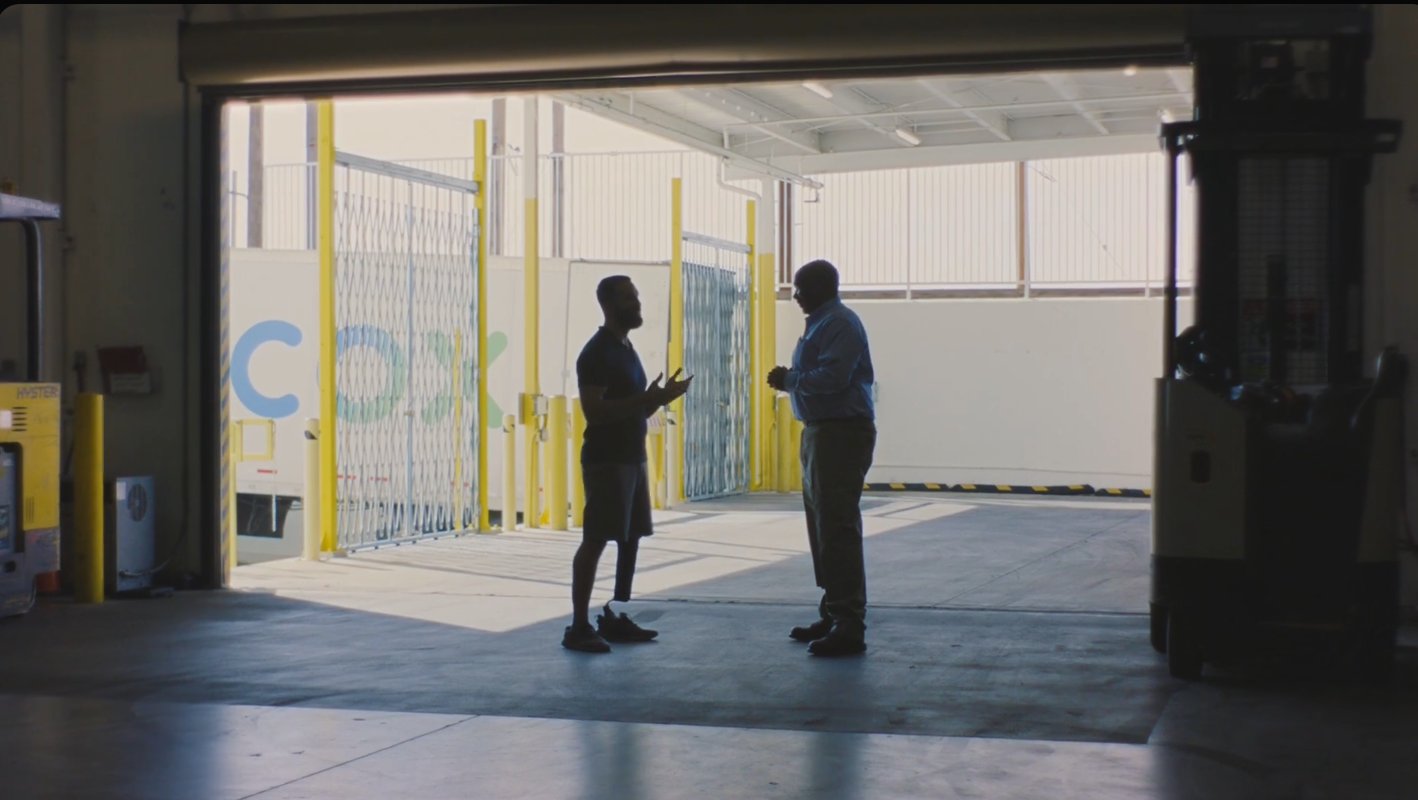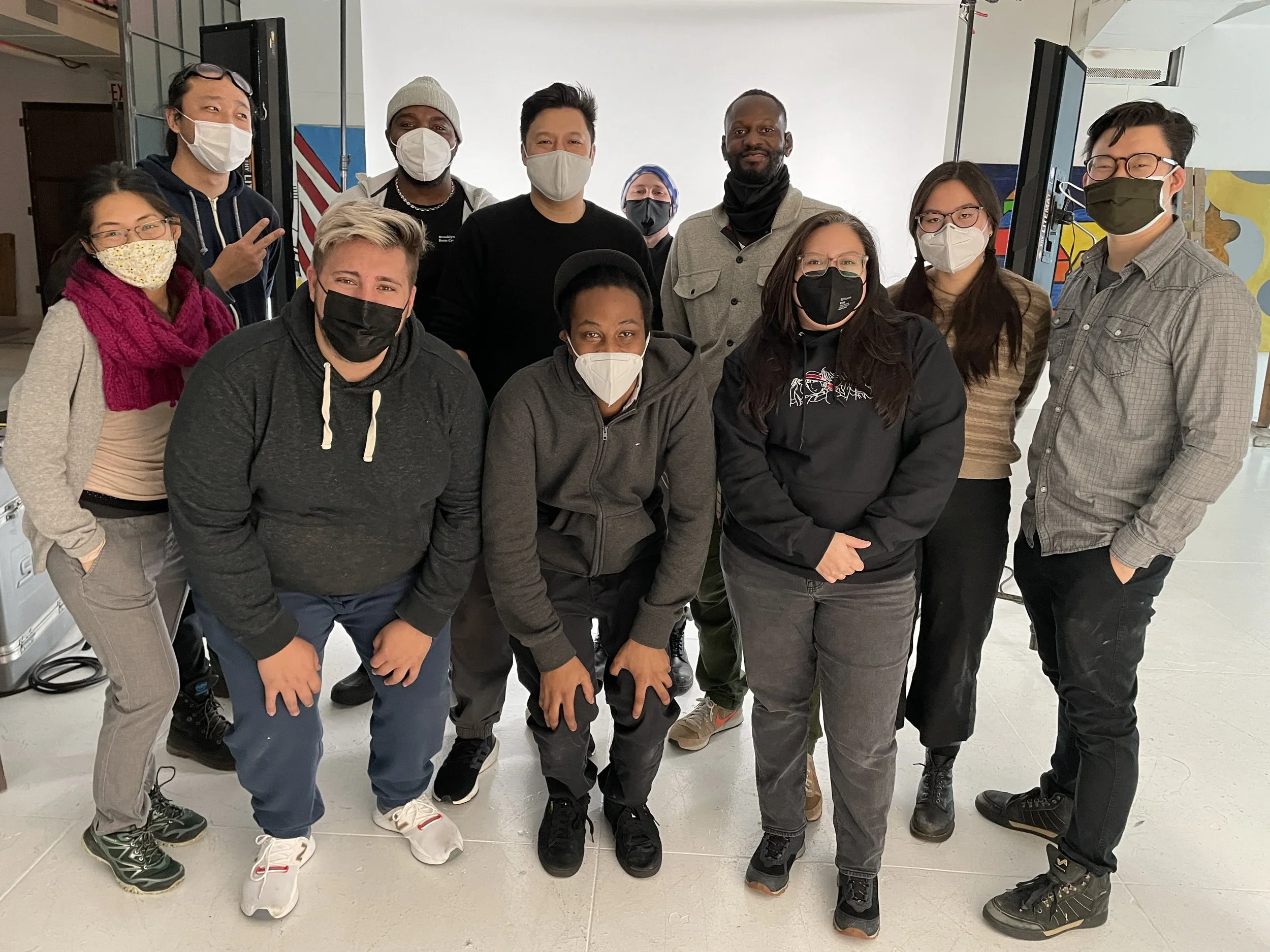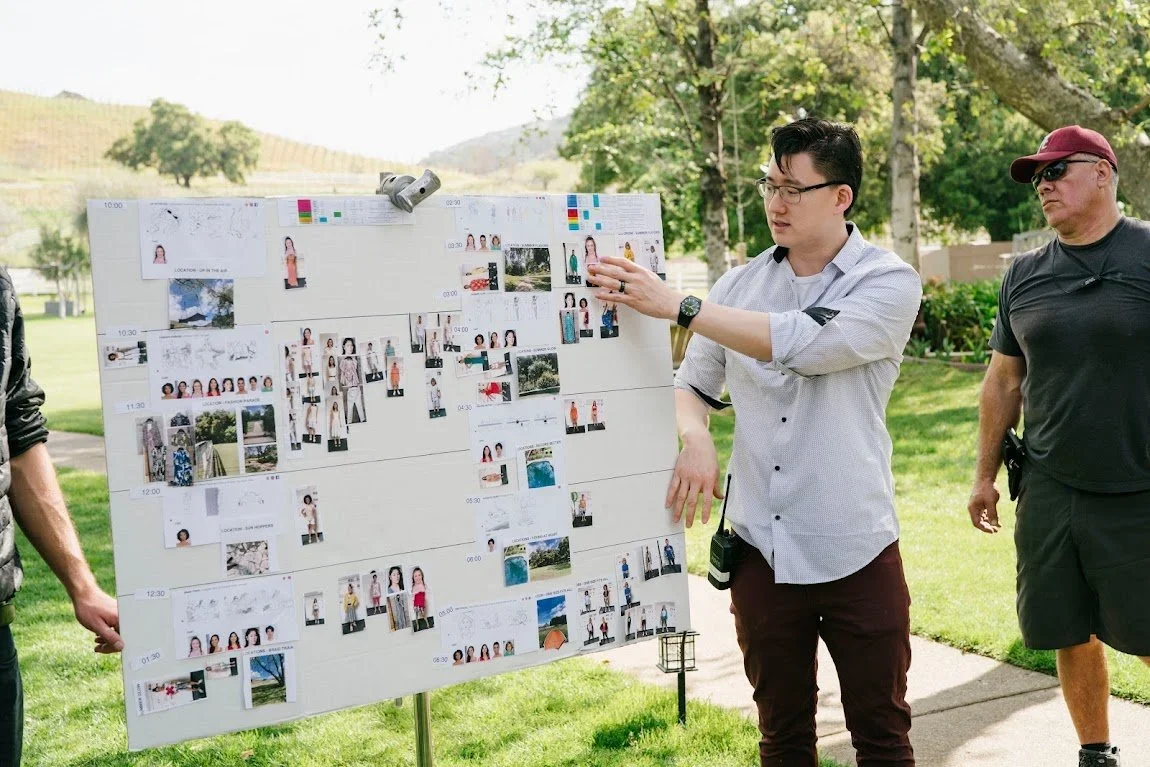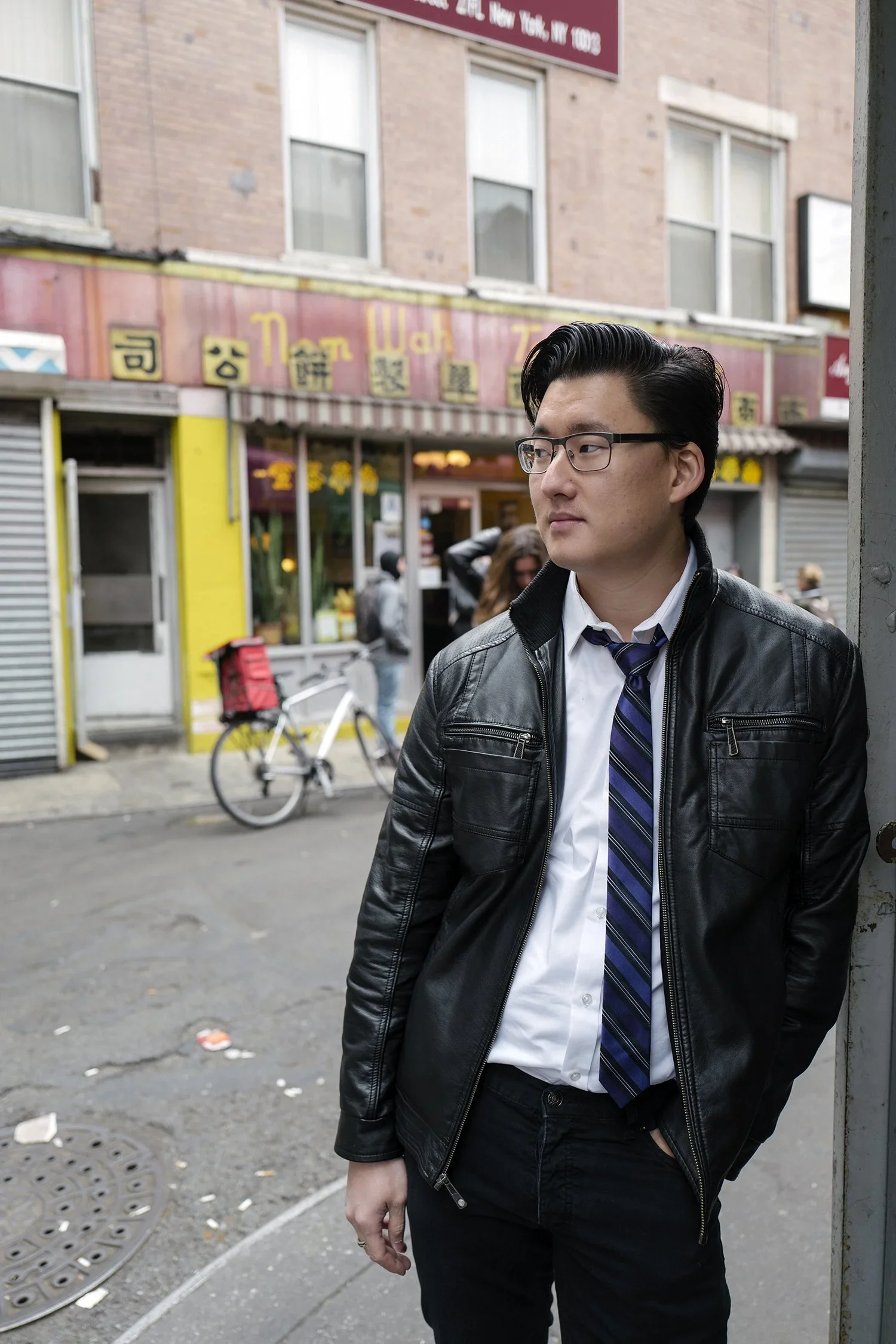
Hsubox Conversations is a quarterly email newsletter from Hsubox Productions Inc. where we chat with founder, Jonathan Hsu, about the production process, industry news, and anything in between.
If you’d like to receive updates on current projects and tune into the conversations, please subscribe HERE.
Full interviews can be found below!





